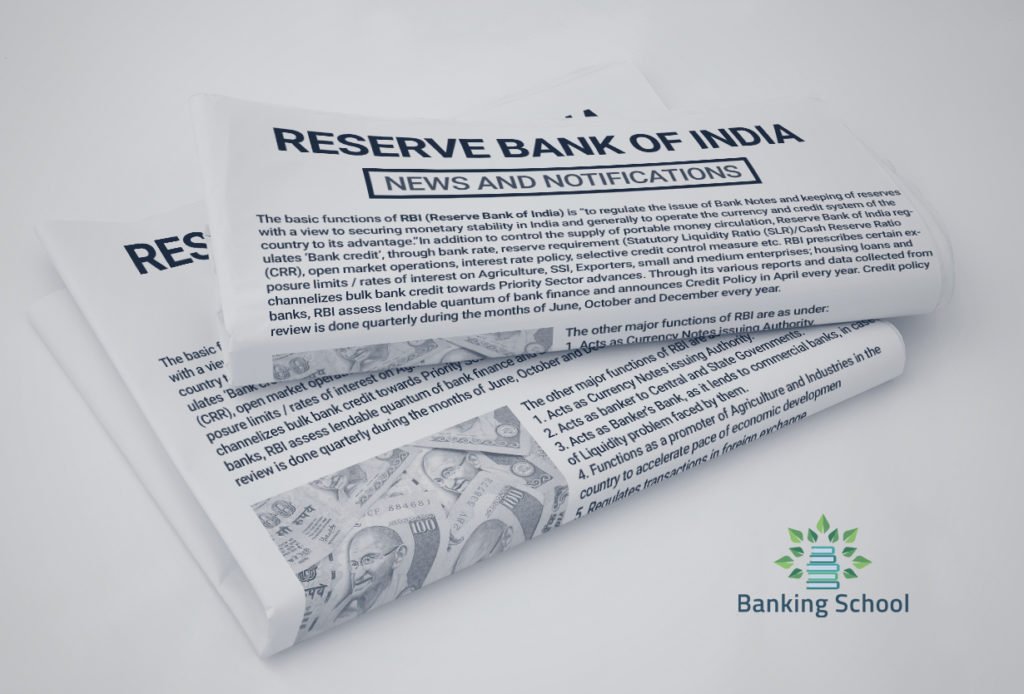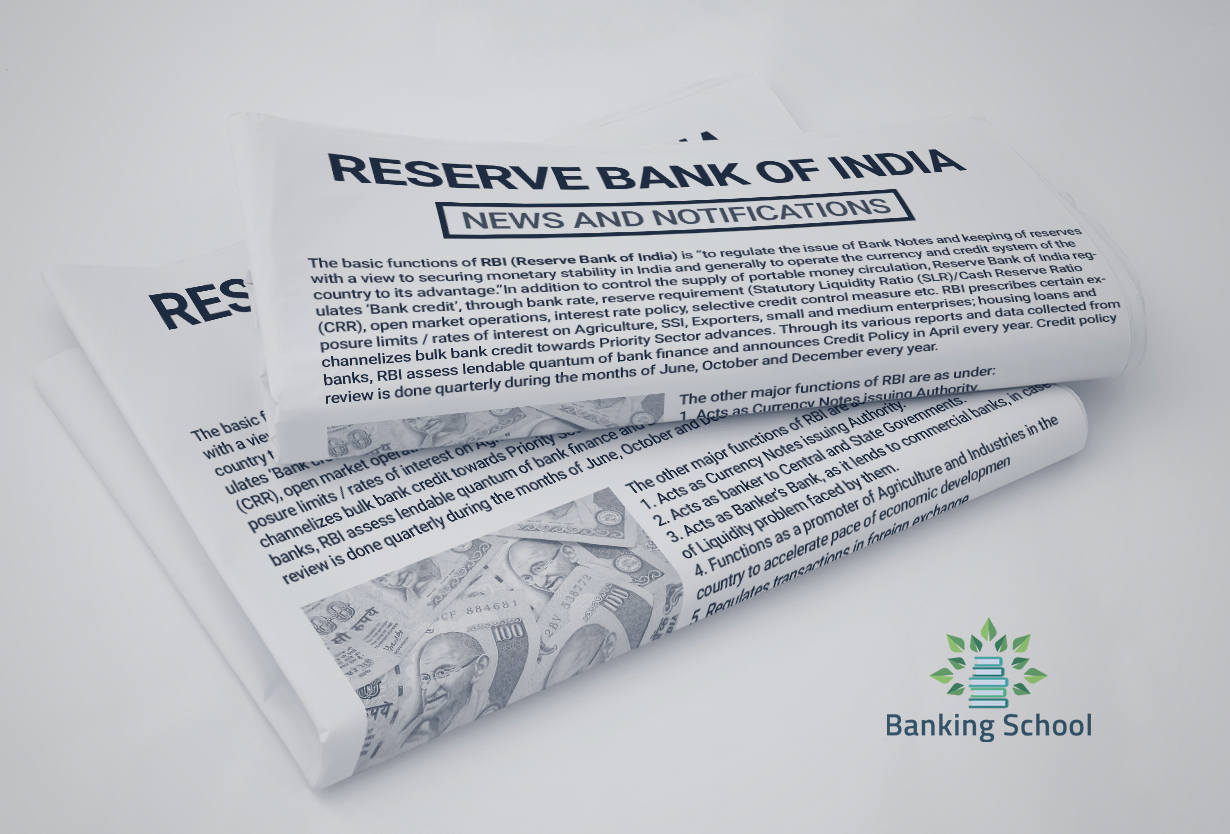The Reserve Bank of India on Monday released the 2022 list of Domestic Systemically Important Banks (D-SIBs). State Bank of India (SBI), HDFC Bank and ICICI Bank continue to be domestic systematically important banks (D-SIBs), under the same bucketing structure as in the 2021 list of D-SIBs.
Systemically Important Banks (SIBs) are perceived as banks that are ‘too big to fail (TBTF)’. This perception of TBTF creates an expectation of government support for these lenders in times of distress. Due to this, these banks enjoy certain advantages in the funding markets. In addition to a minimum capital conservation buffer, such lenders must have an additional common equity tier-I requirement as a percentage of their risk-weighted assets.
As per banking regulator’s norms on domestically systematically important banks, SBI has additional common equity tier-I requirement of 0.60%. Both ICICI Bank and HDFC have requirement of 0.20% .
RBI had issued the framework for dealing with D-SIBs on July 22,2014. According to the framework, the India’s central bank requires to disclose the names of banks designated as systematically important starting from 2015 and place them in appropriate buckets depending on their systemic importance scores.
In case a foreign bank having branch presence in India is a Global Systemically Important Bank (G-SIB), it has to maintain additional CET1 capital surcharge in India as applicable to it as a G-SIB, proportionate to its Risk Weighted Assets (RWAs) in India, i.e., additional CET1 buffer prescribed by the home regulator (amount) multiplied by India RWA as per consolidated global Group books divided by total consolidated global Group RWA.
In order to be listed as a D-SIB, a bank needs to have assets that exceed 2% of the national gross domestic product. The Reserve Bank announced SBI and ICICI Bank as D-SIBs in 2015 and 2016. Based on data collected from banks as on March 31, 2017, HDFC Bank was also classified as a D-SIB, along with SBI and ICICI Bank. The current update is based on the data collected from banks as on March 31, 2022.
The current update is based on data as on March 31, 2022.





